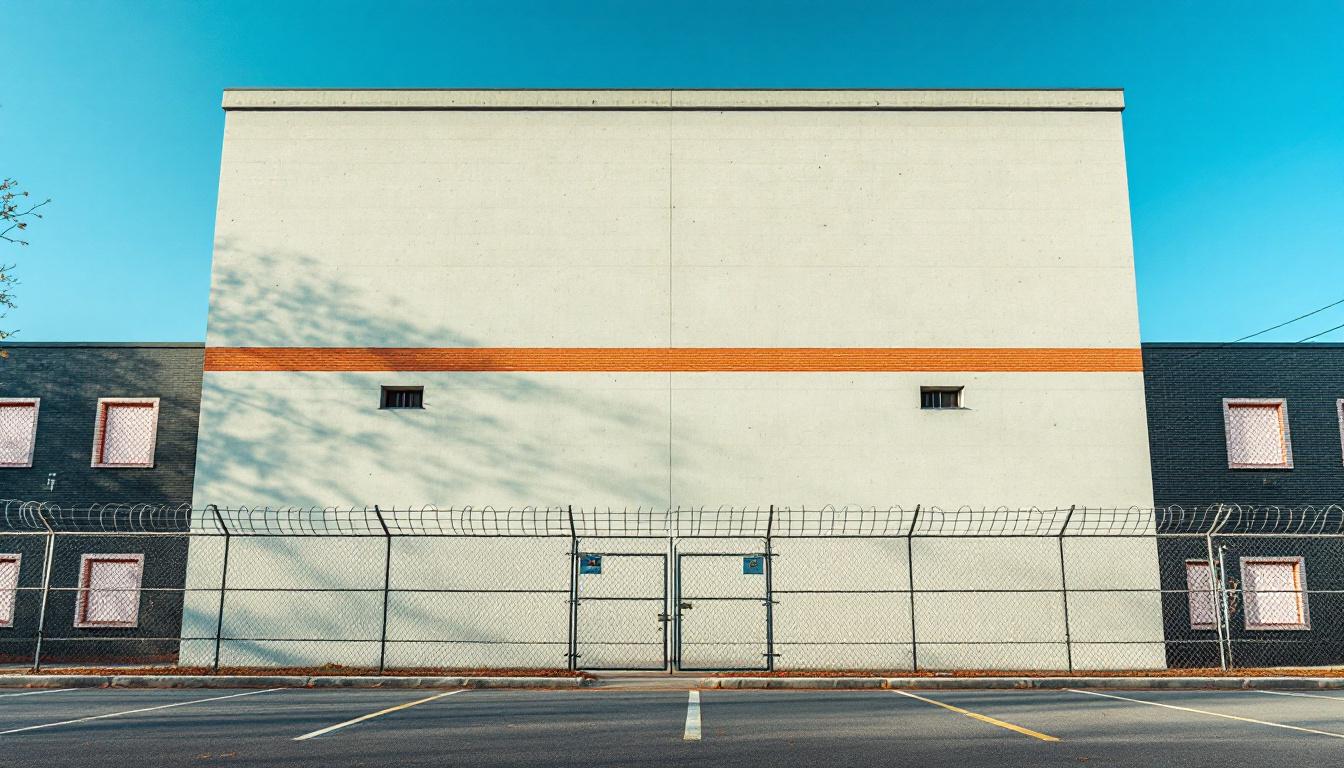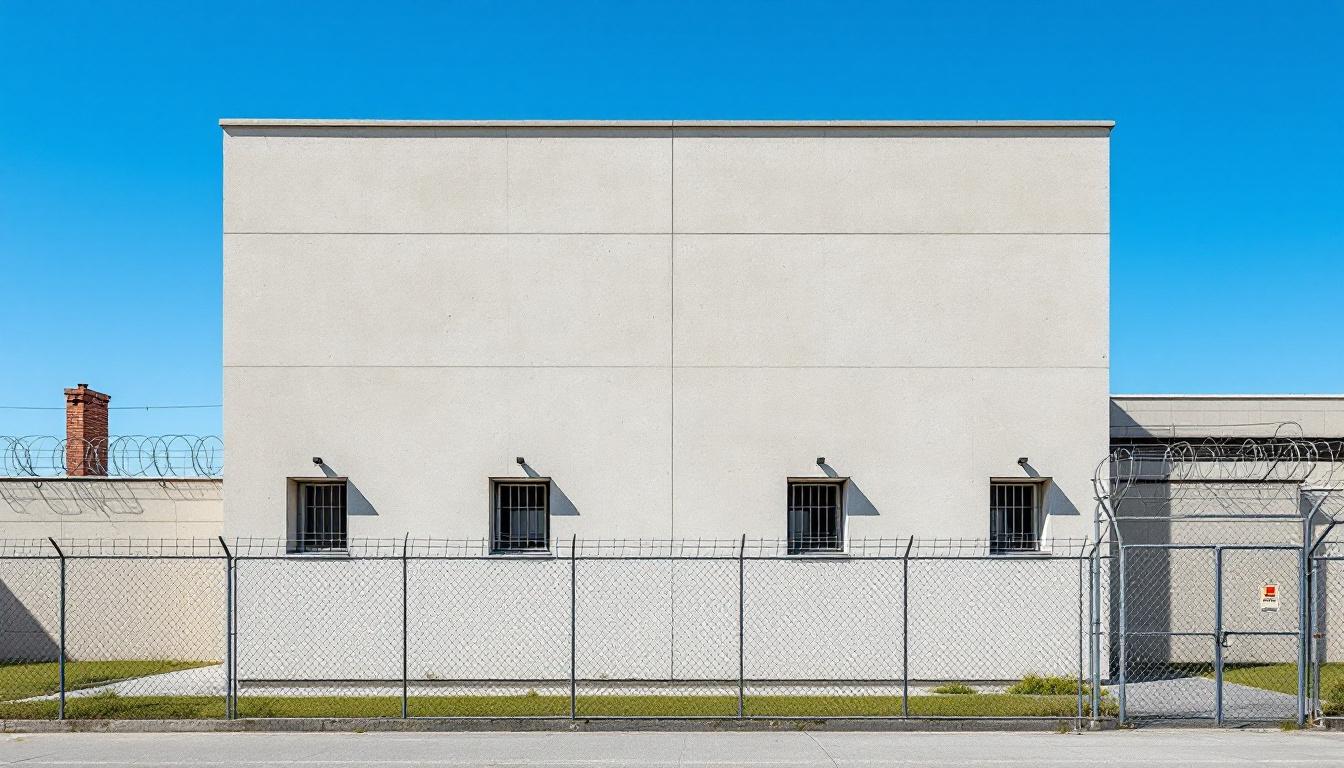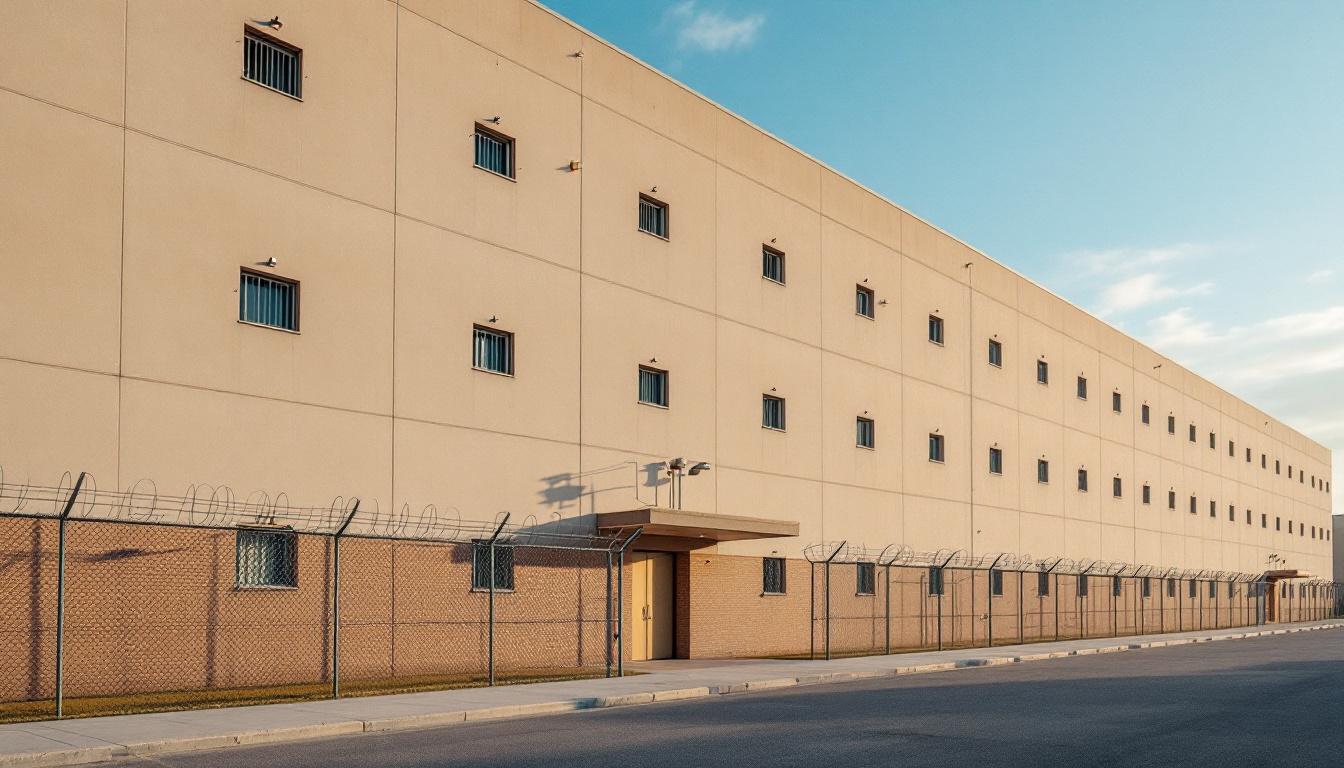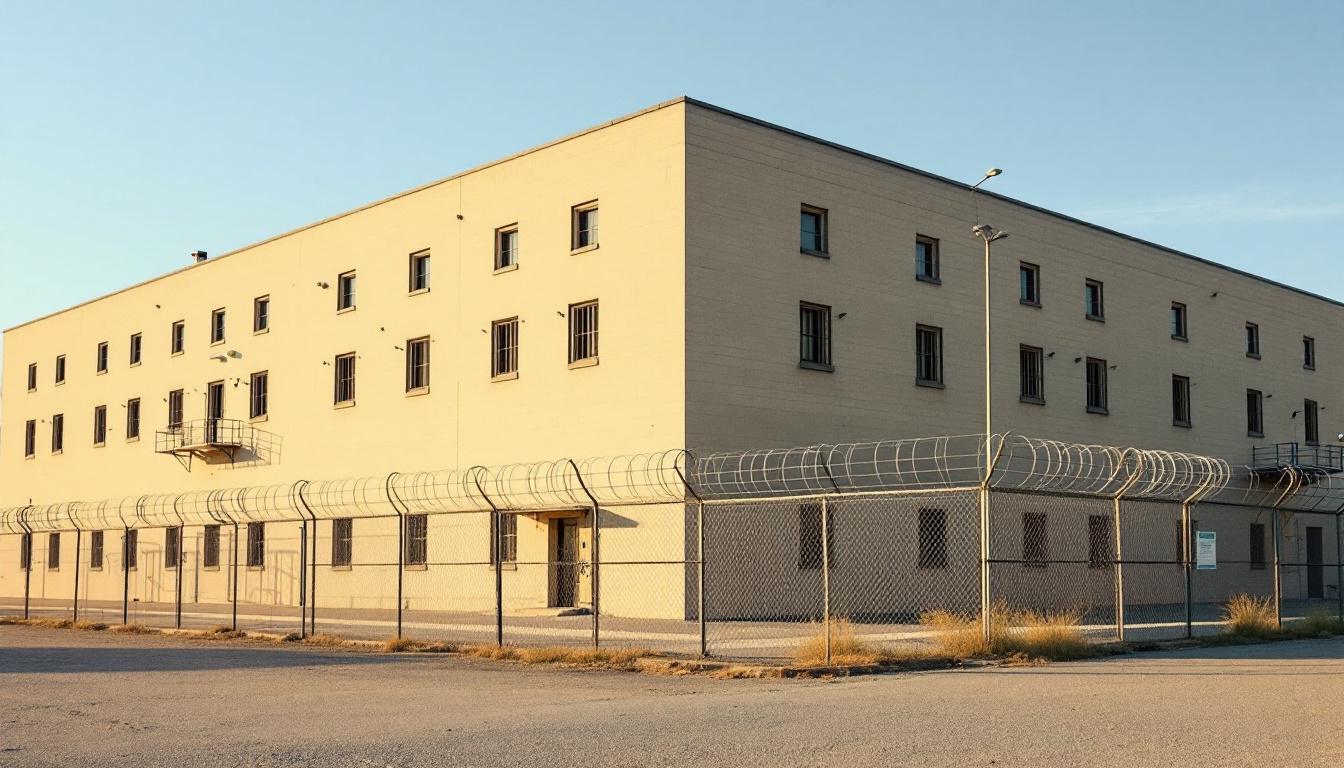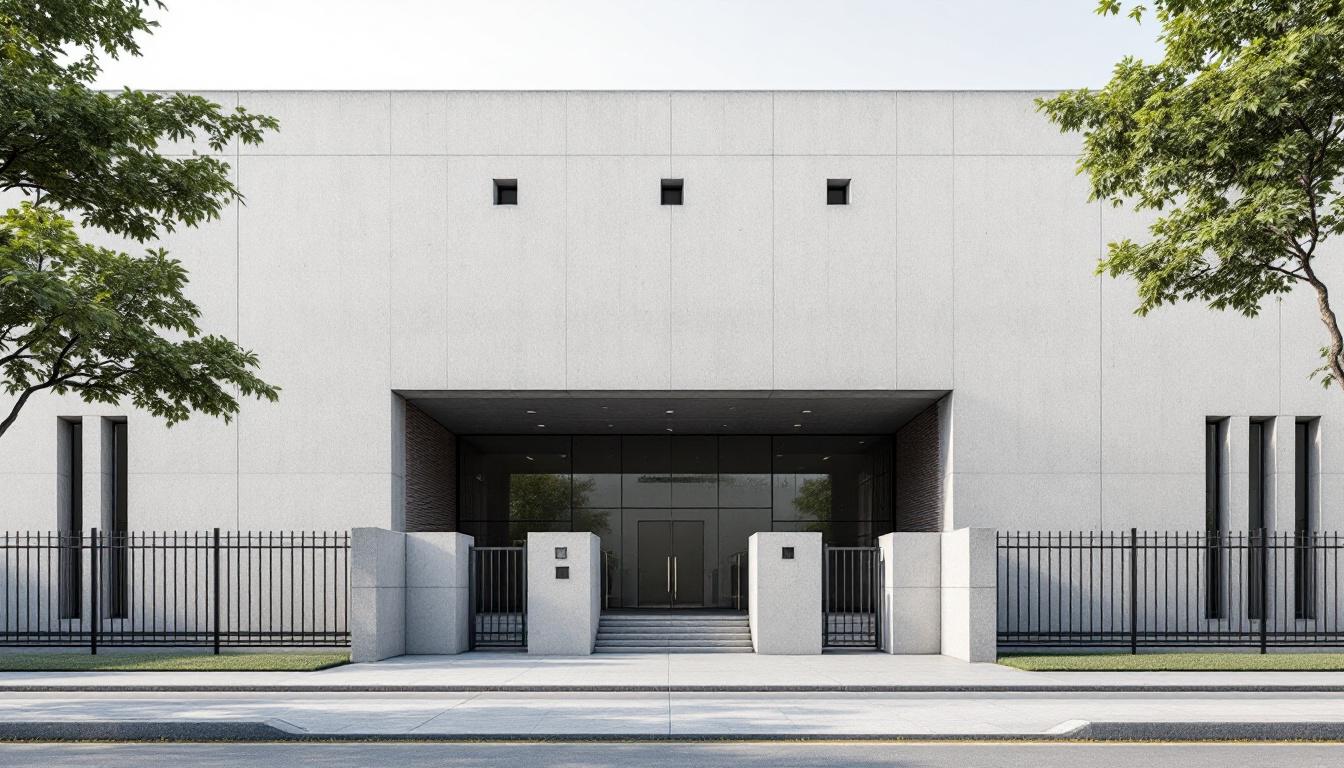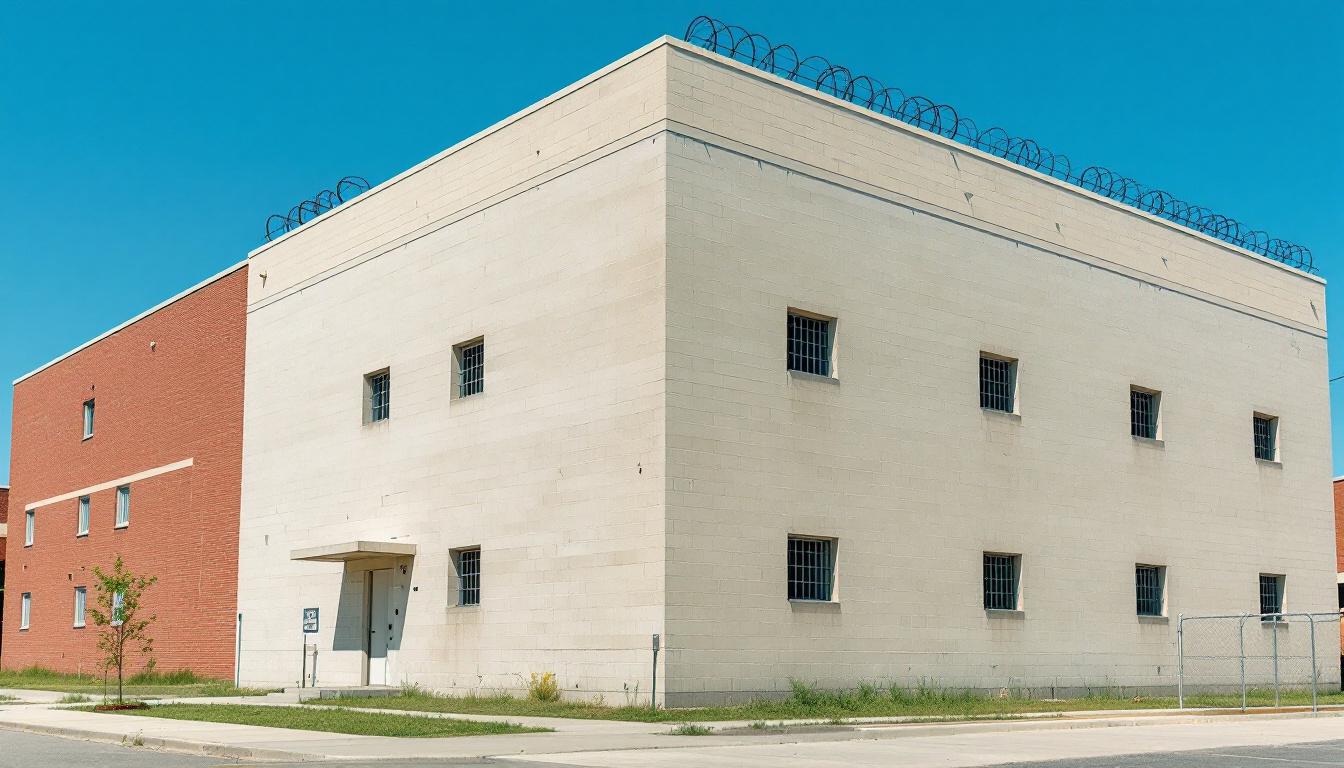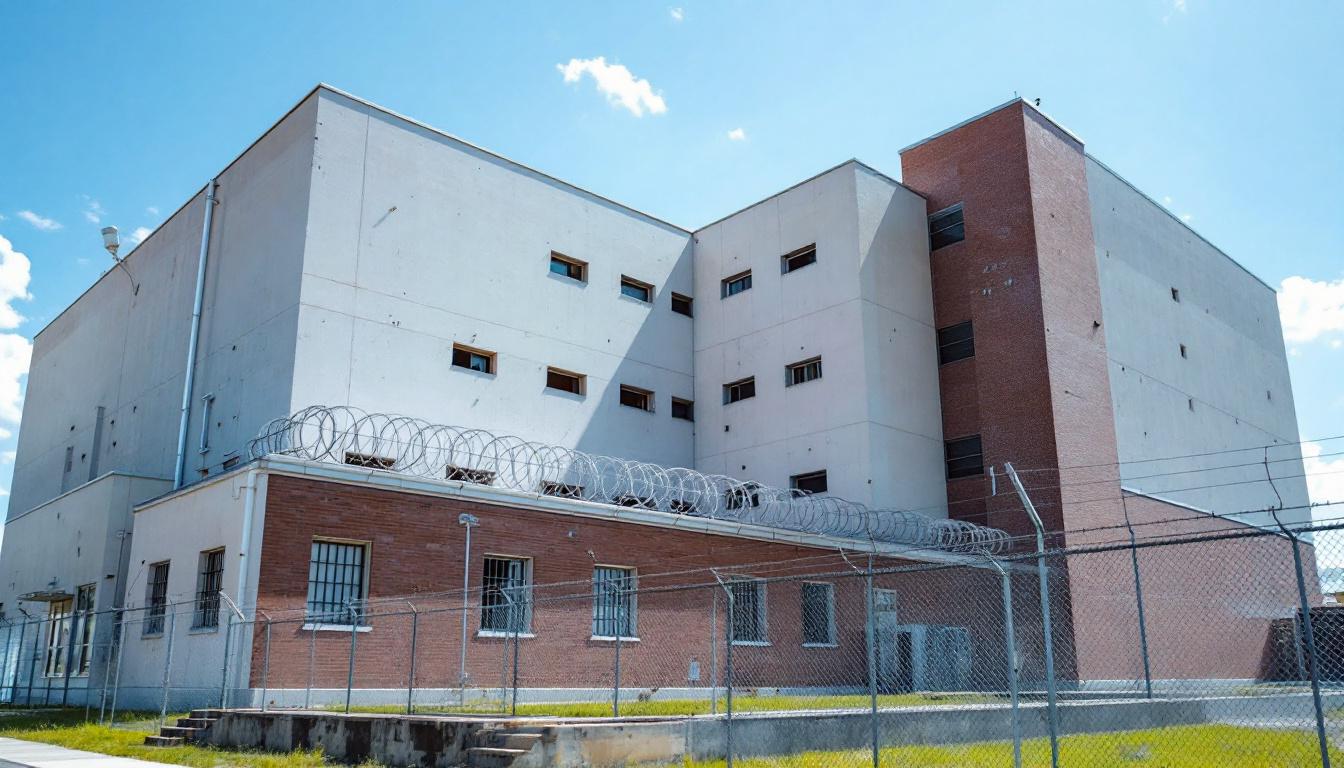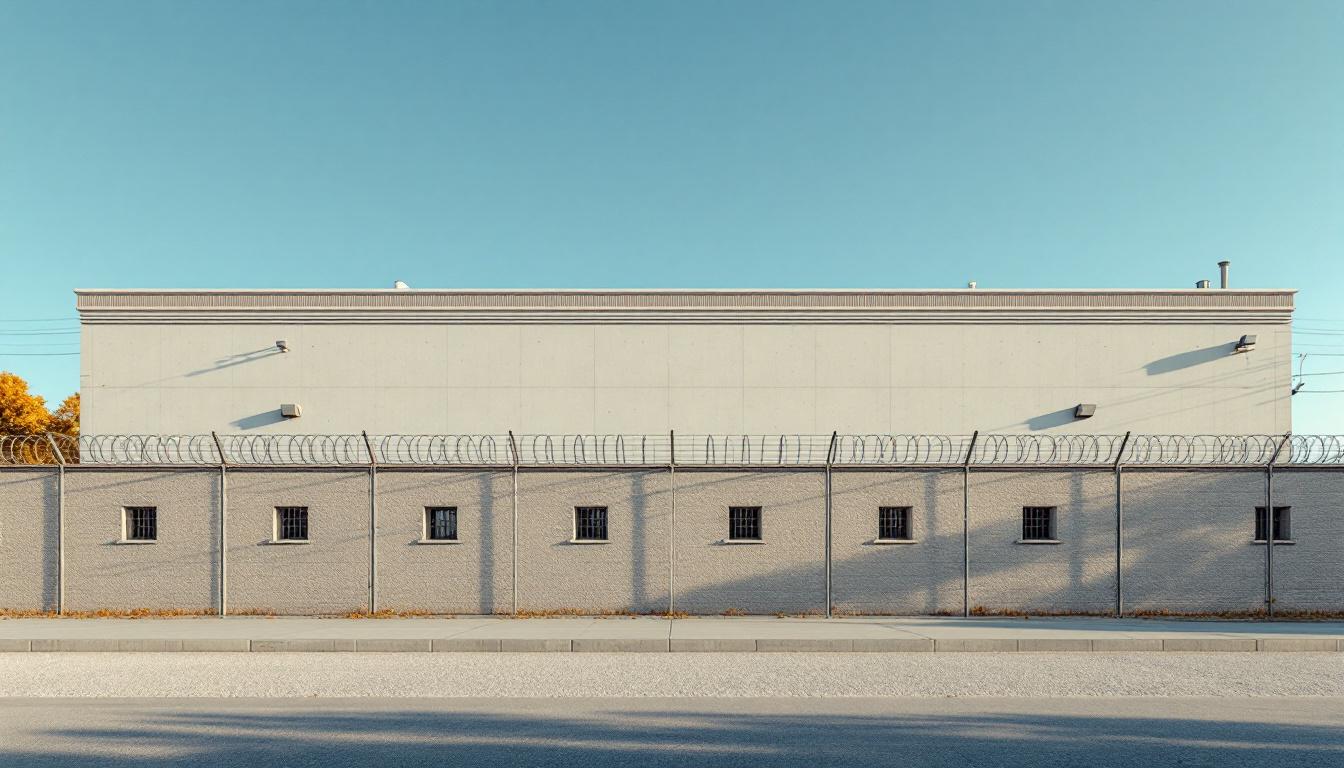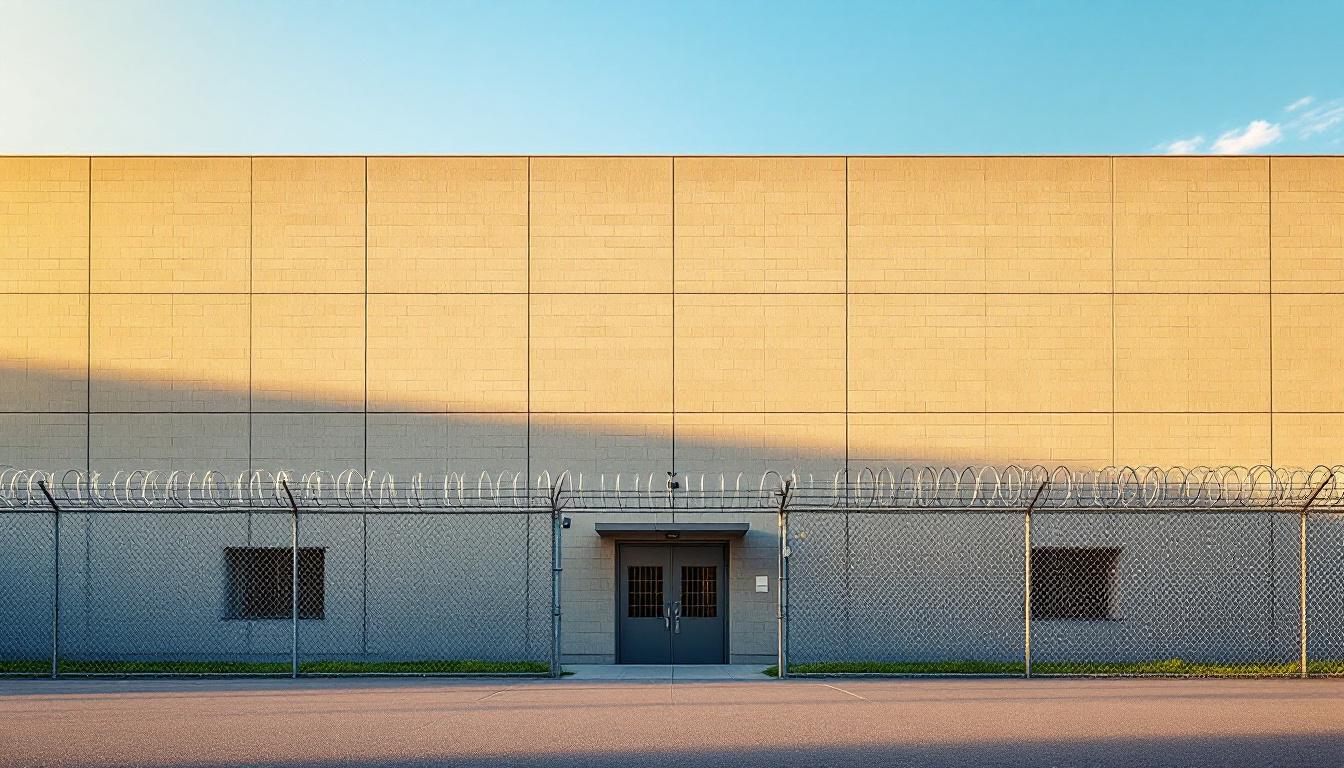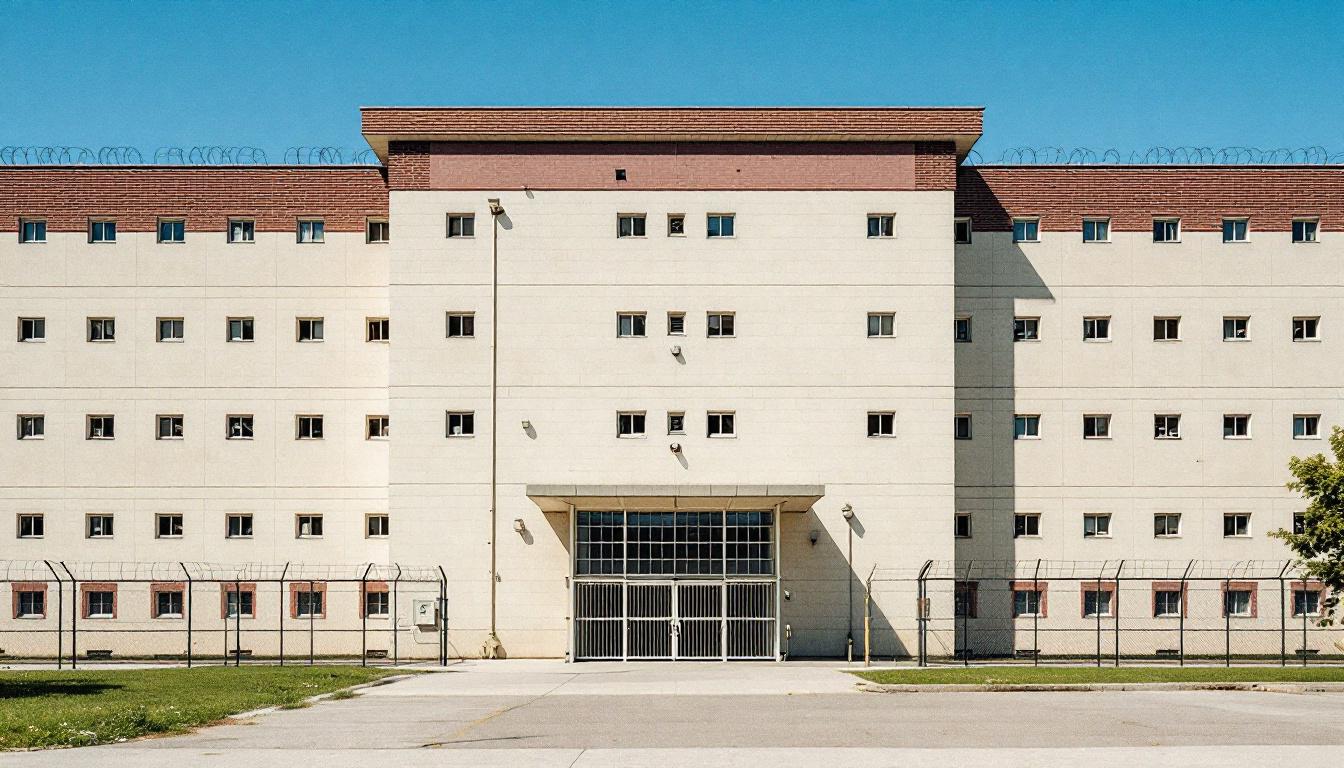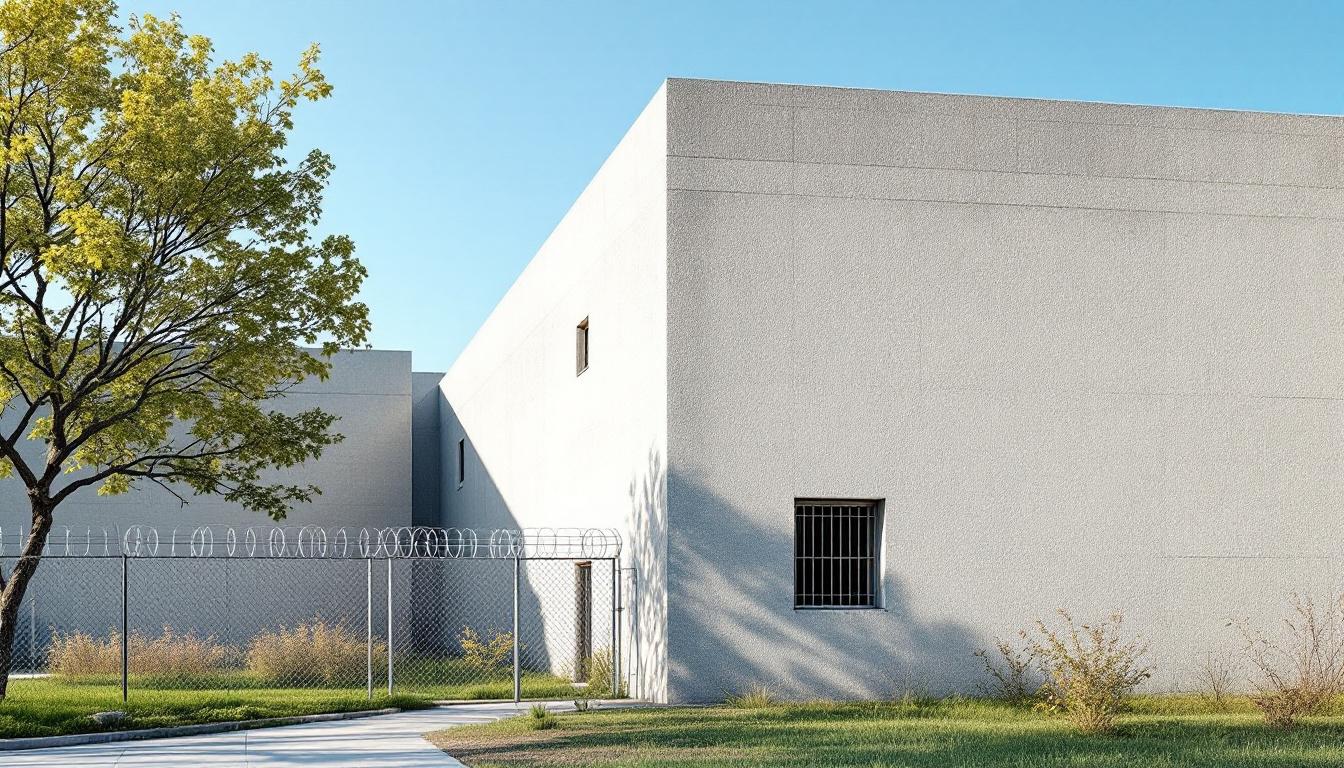
Quick Navigation
How to contact an inmate at Shawnee County Adult Detention
This comprehensive guide will walk you through how to connect with an inmate at Shawnee County Adult Detention. Follow the steps below to find an inmate and send letters and photos:
- Search for the inmate using our search tool below
- Create your account or log in to Penmate
- Write your message (up to 6,000 characters)
- Send instantly - inmates receive printed copies daily
Find an Inmate
Search for an inmate to start communicating today
Tip: You can search by first name, last name, or inmate ID number
To contact a person at Shawnee County Adult Detention start by searching for the person on the official facility website. Perform a search by following these steps:
- Step 1: Enter their first name and last name into the search form and click "Search"
- Step 2: Locate their inmate record
- Step 3: Write down their Inmate ID and any housing information provided
Important! Be sure to enter the person's full name. Nicknames should not be used.
How to Send Messages to Inmates

You can use your phone or computer to send emails, letters, and photos to an inmate. Messages are sent electronically to inmate tablets or kiosks at the facility. If you would like to send a message, start by searching for an inmate at Shawnee County Adult Detention.
Sending Photos and Postcards

A great way to send love and support to a loved one at Shawnee County Adult Detention is to send photos and postcards. It only takes a few minutes to send photos from your phone and it makes a huge difference. You can also mail postcards with words of support and inspiration, or design your own postcard for special moments like birthdays and holidays.
Important! Be sure not to send any explicit photos or they may not be approved by the facility. You can also use a photo printing app like Penmate to make sure your photos are printed at the correct size (4x6 or 3x5) and are mailed according to the rules and regulations of Shawnee County Adult Detention.
Frequently asked questions about Shawnee County Adult Detention
-
How long does it take to deliver a message?
If you're sending an email message your letter is usually delivered within 24-48 hours. For messages sent via mail you should expect delivery within 3-7 days. All messages will need be approved by Shawnee County Adult Detention.
-
How much does it cost to send a message to Shawnee County Adult Detention?
You can send a message free using your phone or mail a message via USPS for the price of a $0.60 stamp and envelope. You can also purchase credits or e-stamps from services starting at $1.99.
-
What services can I use to contact an inmate at Shawnee County Adult Detention?
Penmate
You can use Penmate to send letters and photos to an inmate from your phone. It's an easy way to stay in touch during your loved one's incarceration. Use the inmate locator to find an inmate's location and contact information, then you can send messages within a few minutes.
Securus messaging
Securus may be another option for communicating with an inmate at Shawnee County Adult Detention. You can create a friends and family account and purchase credits to send messages. All messages will be reviewed and must be approved by the facility.
JPay
Some county jails and state prisons may support sending messages with JPay. You must register an account with the system, find your loved one, and purchase stamps to send messages. For some locations you can also attach photos.
Smart Jail Mail
You may also check if Smart Jail Mail is available at Shawnee County Adult Detention. Smart Jail Mail is operated by Smart Communications and has contracted with some state and county jails. After purchasing credits, your messages and photos are sent to the facility, printed out, and then handed out to your loved one.
-
What is the mailing address of Shawnee County Adult Detention?
Mailing address:
Shawnee County Adult Detention
501 SE 8th Ave
Topeka, KS 66607
Phone: (785) 251-5000Business hours:
- Monday: 8:00 AM – 5:00 PM
- Tuesday: 8:00 AM – 5:00 PM
- Wednesday: 8:00 AM – 5:00 PM
- Thursday: 8:00 AM – 5:00 PM
- Friday: 8:00 AM – 5:00 PM
- Saturday: Closed
- Sunday: Closed
-
What are the visiting hours at Shawnee County Adult Detention?
Visiting hours at Shawnee County Adult Detention vary by housing unit and security level. Generally, visits are scheduled on weekends and holidays, with some facilities offering weekday visits. Contact the facility directly at (785) 251-5000 or check their website for the current visiting schedule. Visits typically last 30-60 minutes and must be scheduled in advance.
-
What items are prohibited when sending mail to Shawnee County Adult Detention?
Prohibited items typically include: cash, personal checks, stamps, stickers, glitter, glue, tape, staples, paperclips, polaroid photos, musical or blank greeting cards, hardcover books, magazines with staples, and any items containing metal or electronics. Only send letters on plain white paper with blue or black ink. Photos must be printed on regular photo paper (no Polaroids). Always check with Shawnee County Adult Detention for their specific mail policies.
-
How do I send money to an inmate at Shawnee County Adult Detention?
You can send money to an inmate at Shawnee County Adult Detention through several methods: 1) Online using JPay, Access Corrections, or the facility's approved vendor, 2) Money orders mailed directly to the facility with the inmate's name and ID number, 3) Kiosks located in the facility lobby, or 4) Over the phone using a credit or debit card. Fees vary by method, typically ranging from $2.95 to $11.95 per transaction.
-
Can I schedule a video visit with an inmate at Shawnee County Adult Detention?
Many facilities now offer video visitation as an alternative to in-person visits. At Shawnee County Adult Detention, video visits may be available through services like Penmate, Securus Video Connect, GTL, or ICSolutions. Video visits typically cost $10-20 for 20-30 minutes and must be scheduled in advance. You'll need a computer or smartphone with a camera and reliable internet connection. Contact the facility for their specific video visitation policies and approved vendors.
-
What identification do I need to visit an inmate at Shawnee County Adult Detention?
All visitors must present valid government-issued photo identification such as a driver's license, state ID, passport, or military ID. Minors must be accompanied by a parent or legal guardian who can provide the minor's birth certificate. Some facilities require visitors to be on the inmate's approved visitation list, which may require a background check. Contact Shawnee County Adult Detention for specific ID requirements and visitor approval procedures.
-
How can I find out an inmate's release date?
To find an inmate's release date at Shawnee County Adult Detention, you can: 1) Use the online inmate search tool if available, 2) Call the facility's records department, 3) Contact the inmate's case manager or counselor, or 4) Have the inmate provide this information during a call or visit. For privacy reasons, some facilities only release this information to immediate family members.
Facility Overview
Contact Information
Shawnee County Adult Detention501 SE 8th Ave
Topeka, KS 66607
Phone: (785) 251-5000
Official Website
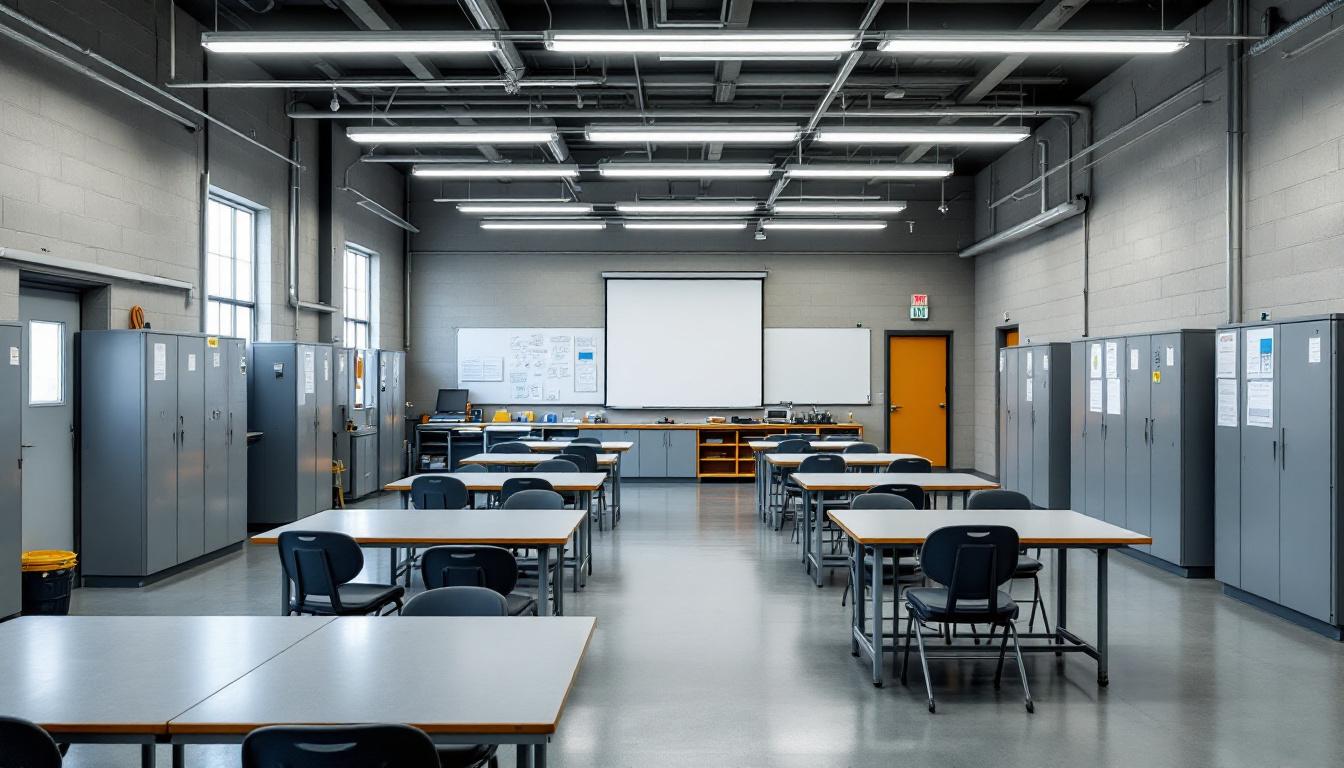
About Shawnee County Adult Detention
Supporting Seminole's justice system through comprehensive offender management, the Shawnee County Adult Detention Center operates with a clear commitment to community safety and individual transformation. This KS correctional facility serves as more than a secure housing unit—it functions as a bridge between accountability and opportunity, helping residents prepare for successful reintegration into their communities throughout the region.
Positioned within Kansas's broader correctional network, the detention center typically offers a range of services designed to address both immediate custody needs and longer-term rehabilitation goals. Inmates services may include educational programming, substance abuse counseling, and vocational training opportunities that align with regional employment demands. The facility generally maintains partnerships with local organizations to provide mental health support, job placement assistance, and transitional housing resources. These collaborative efforts reflect the Midwest's emphasis on community-based solutions and practical skill development.
The center's approach to offender management emphasizes measurable outcomes and sustainable change. Through structured daily routines, counseling programs, and pre-release planning, residents work toward developing the tools necessary for successful community reentry. Staff typically focus on identifying individual risk factors and connecting participants with appropriate interventions, whether addressing addiction, educational gaps, or employment barriers. This supportive framework aims to reduce recidivism while strengthening family connections and community ties that prove essential for long-term success beyond the facility's walls.
Programs & Services
Personal transformation through structured programming forms the cornerstone of rehabilitation efforts within the Shawnee County Adult Detention Center. The facility's comprehensive approach to inmate development recognizes that meaningful change occurs through multifaceted interventions that address educational deficits, vocational limitations, and underlying behavioral challenges. This philosophy emphasizes empowerment through skill acquisition and therapeutic intervention, creating pathways for inmates to develop the competencies necessary for successful community reintegration.
Educational services typically encompass basic literacy instruction, GED preparation, and continuing education opportunities that allow inmates to advance their academic credentials during incarceration. These foundational programs often serve as stepping stones to vocational training initiatives that may provide hands-on instruction in trades and technical skills relevant to local employment markets. The integration of classroom learning with practical application helps inmates develop both cognitive abilities and marketable competencies that enhance their prospects for sustainable employment upon release.
Furthermore, therapeutic services address the complex behavioral and psychological factors that frequently contribute to criminal involvement. Substance abuse treatment programs may offer both group and individual counseling sessions designed to help inmates understand addiction patterns and develop coping strategies for long-term recovery. Dual diagnosis treatment services typically provide specialized support for inmates managing both mental health conditions and substance use disorders, recognizing the interconnected nature of these challenges. Community service opportunities often complement these therapeutic interventions by fostering civic responsibility and providing inmates with meaningful ways to contribute positively to society while developing work habits and interpersonal skills.
Daily Life & Visitation
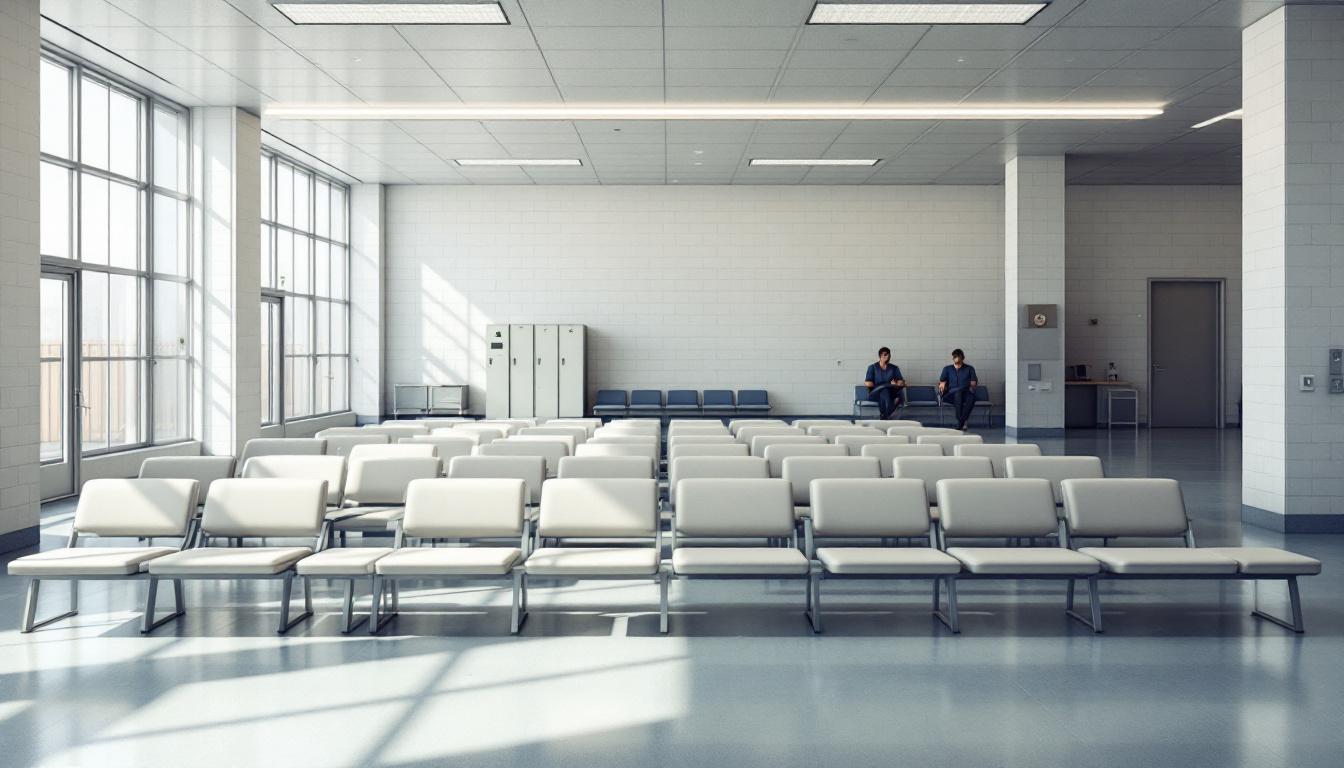
The concrete walls and steel doors of the housing units create a controlled environment where inmates at the Shawnee County Adult Detention Center must quickly learn to navigate a world governed by strict schedules and institutional protocols. At present, the facility actively maintains a structured daily routine that typically begins with early morning counts, followed by meal service and various programming opportunities throughout the day. Inmates generally find themselves adapting to a regimented schedule that may include work assignments, educational programs, and designated recreation periods, all designed to provide structure and maintain order within the facility.
Living accommodations typically consist of shared cells or dormitory-style housing units, where inmates must adjust to limited personal space and the constant presence of others. The physical environment generally includes basic furnishings such as bunks, small storage areas for approved personal property, and shared bathroom facilities. Furthermore, inmates often adapt to the institutional atmosphere by establishing routines around commissary purchases, which may provide access to additional food items, hygiene products, and writing materials to help maintain connections with family members and friends on the outside.
Although the controlled environment presents significant challenges, various programs and activities provide inmates with opportunities for personal development and skill building. Work assignments within the facility may include food service, laundry operations, or general maintenance duties, which can help inmates develop a sense of purpose and responsibility during their incarceration. Additionally, the facility typically offers visitation opportunities and communication options such as phone calls and mail services, allowing inmates to maintain important family connections and support systems that often prove crucial for successful reintegration into the community upon release.
Ready to Connect?
Start communicating with your loved one today
Search for an Inmate
